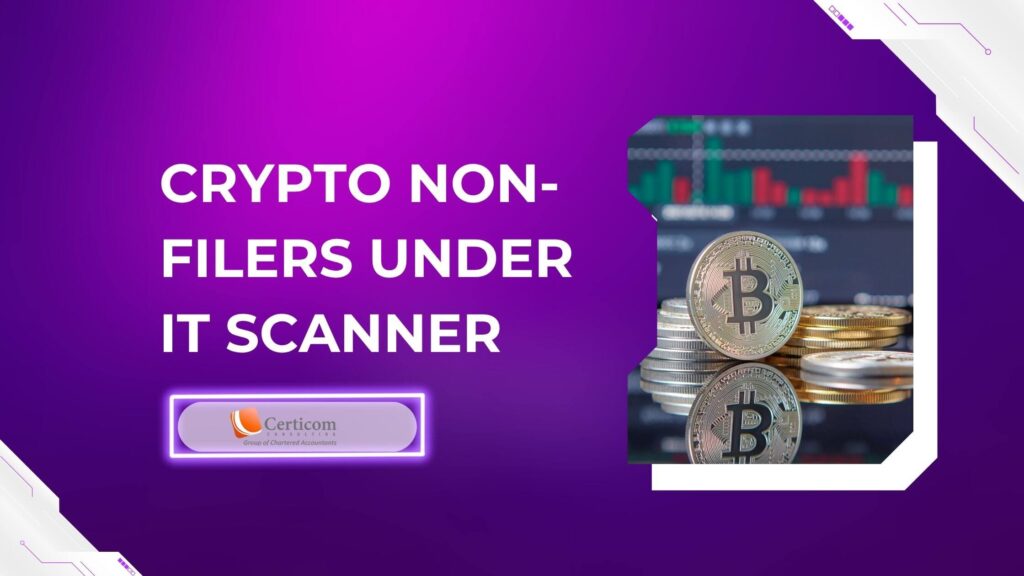Do You Need an Income Tax Clearance Certificate (ITCC) for Travel? CBDT Clarifies

Recent amendments to the Income-tax Act, 1961, have sparked confusion among Indian citizens regarding the need for an income-tax clearance certificate (ITCC) before travelling abroad. However, the Central Board of Direct Taxes (CBDT) has stepped in to clarify the situation: not all Indian citizens are required to obtain an ITCC for international travel.
Understanding the Recent Amendments
The confusion arose following amendments introduced by the Finance (No. 2) Act, 2024, to Section 230(1A) of the Income-tax Act, 1961. According to the Ministry of Finance, these amendments were misinterpreted, leading to widespread misinformation. The amendments primarily incorporate references to the Black Money (Undisclosed Foreign Income and Assets) and Imposition of Tax Act, 2015 (commonly known as the ‘Black Money Act’).
CBDT's Clarification
The amendment does not introduce a new requirement for all citizens to obtain an ITCC before leaving the country. Instead, it ensures that liabilities under the Black Money Act are treated similarly to those under the Income-tax Act, 1961, for the purposes of Section 230(1A).
Who Needs an ITCC?
The CBDT has emphasized that the requirement to obtain an ITCC is not a blanket rule but is reserved for specific scenarios involving significant financial issues. Here’s when an ITCC might be required.

Serious Financial Irregularities: If an individual is involved in significant financial problems that necessitate their presence for investigations, they may be required to obtain an ITCC.
-
Large Unpaid Tax Arrears: If a person owes more than ₹10 lakh in taxes, and these taxes have not been stayed by any authority, an ITCC will be required before they can leave the country.
This regulation has been in place since 2003, and the recent amendment has not changed this status quo.
Process of Obtaining an ITCC
If you fall under the categories mentioned above, the process to obtain an ITCC involves recording specific reasons for the requirement and obtaining approval from the Principal Chief Commissioner of Income or Chief Commissioner of Income Tax. This ensures that the process is not arbitrary and is applied only in necessary cases.
In summary, the CBDT has clarified that the requirement for an ITCC is not universal. It applies only to individuals facing serious financial issues or those with significant unpaid taxes. The recent amendments to Section 230(1A) of the Income-tax Act, 1961, do not introduce any new requirements for the general public but merely extend existing provisions to cover liabilities under the Black Money Act.
So, if you’re planning to travel abroad and are concerned about whether you need an ITCC, rest assured that this requirement is reserved for exceptional cases.
Related Post
Top 10 Tax Filing Rules for FY 2024-25
Crypto Non-Filers Under IT Scanner
Book A One To One Consultation Now For FREE
How can we help? *




